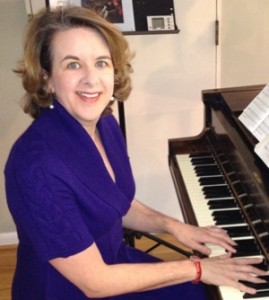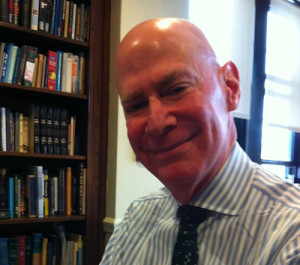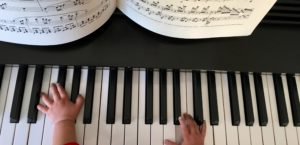Amateur pianist Ricker Choi has won multiple first, second, and third prizes in amateur piano competitions and has performed at the 2,500-seat Berlin Philharmonie. And yet Ricker is also a full-time business consultant. Grand Piano Passion caught up with Ricker to understand how he fits his piano practice time into his busy life.
What is your piano practice routine and how does it fit in with your work schedule?
When I’m preparing for a concert or learning new repertoire, I try to practice 16 to 20 hours a week. I live very close to my office so I can start practicing piano shortly when work finishes: on weeknights, I will go home after work, eat a very quick snack, then immediately practice for one and a half or two hours (with a seven-minute break every 30 minutes). I put piano practicing as my top priority nightly when I reach home after work.
Then I will eat a proper dinner. If it’s not too late and if I still have the energy, I will practice for another hour or so after dinner.
Are there days or weeks when you are just too tired to practice?
If work is too crazy and I have to do too much overtime, then I may not get to practice much daily. But I will try to practice a little, even if just 30 minutes, because I find it best to practice a little daily than to wait for a day when I am not busy and cram long hours of practice in one go.
How do you make the most of each practice session?
I set goals that I want to achieve in each session, and structure my practice time. If I’m learning a new piece, my structure might be: for the first half hour, review yesterday’s newly learned material; for the next hour, learn new pages; for the next half hour, try to play through everything I have learned of the new piece in one go to test my memory; and then for the last hour, review an old piece.
 I find that practicing for 30 minutes at a time is optimal for me. Longer periods with no breaks always mean I will not concentrate properly. Plus I have had back and neck pain since I was young, so taking a break every half hour allows me to do some yoga stretching before continuing.
I find that practicing for 30 minutes at a time is optimal for me. Longer periods with no breaks always mean I will not concentrate properly. Plus I have had back and neck pain since I was young, so taking a break every half hour allows me to do some yoga stretching before continuing.
What exactly is your job and how many hours do you work per week?
I am a business consultant specializing in financial risk management. I work in financial services to provide consultation on software requirements. I myself do not code software, but I write documentations on the functionalities of the software. I then pass the documentations to developers who write the actual code.
It depends on the project I am working on. Last year I worked at times 80 hours a week, which left very little time and energy for piano, so that’s why I have not performed much recently. This year the project load is stabilized and I have more time for piano.
Do you still consider yourself an amateur pianist even though you are performing in professional venues?
Yes, I consider myself an amateur pianist for a few reasons: First, I don’t use music to make a living. Second, my repertoire is way smaller than a professional pianist’s. I only practice and perform when I have extra time after work. And third, I usually only perform publicly twice or three times a year at most. I don’t see myself as capable mentally to perform full time as a professional would. I may be able to do it, but just thinking about it is too stressful. I have a lot of other interests too such as reading, films, and painting. I do need that balance, and that’s why I don’t do music full time.




0 Comments